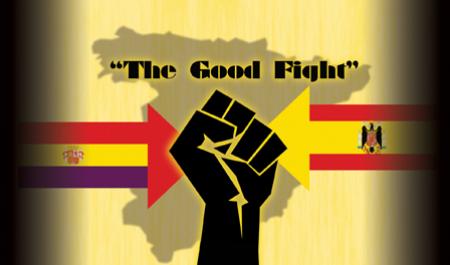
by bartmann | Apr 4, 2024
The Spanish Civil War (1936-1939) or The Good Fight, as was it was commonly called on the left, was democracy’s first major confrontation with fascism. Its indelible mark on Spain and on the international community is still felt today. This course will look at...
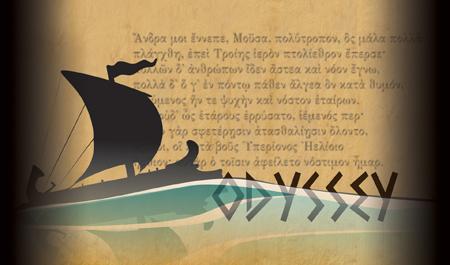
by bartmann | Apr 4, 2024
The Odyssey gives us an adventure story of a Greek hero returning to his home in Ithaca after the Trojan War. This could be a straightforward journey lasting three or four days at most. But in the Odyssey the journey is expanded into a narrative of 24 books (= ancient...
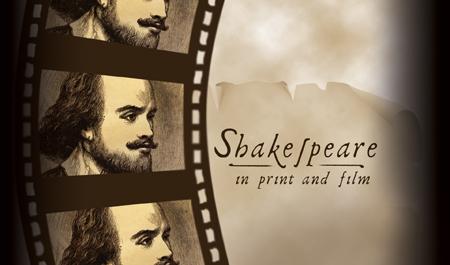
by bartmann | Apr 4, 2024
How do Shakespeare and filmmakers who adapt his plays engage their audiences, construct meaning, and enable us to understand more fully our own culture and ourselves? This seminar will deepen our understanding and appreciation of Shakespeare’s drama and of his...
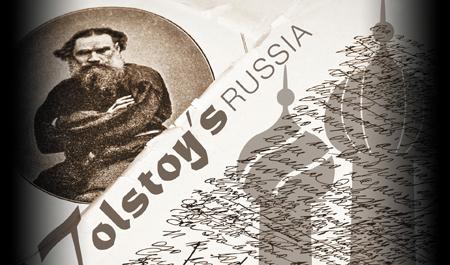
by bartmann | Apr 4, 2024
This course is for those who love to read ! Beginning with his memoir Childhood, Boyhood, and Youth and then moving into War and Peace, we will discuss the world that the great Russian novelist Leo Tolstoy created in his fictions against the backdrop of the social and...
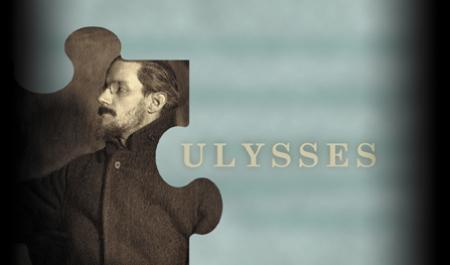
by bartmann | Apr 4, 2024
I have put in [Ulysses] so many enigmas and puzzles that it will keep the professors busy for centuries arguing over what I meant. James Joyce While most of the great avant-garde art works of the early 20thcentury rest securely within the canon of modernist classics,...
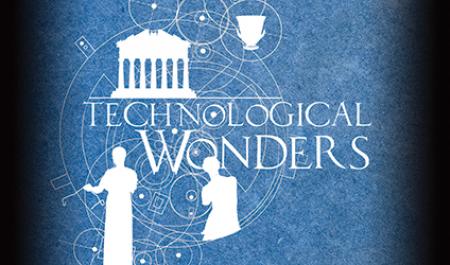
by bartmann | Apr 4, 2024
What were the key technologies and major technical achievements of classical Greek antiquity? This course examines crucial technological wonders from ancient Greece, focusing on: temple construction (the Parthenon), the mastery of fire for bronzes (the Delphi...
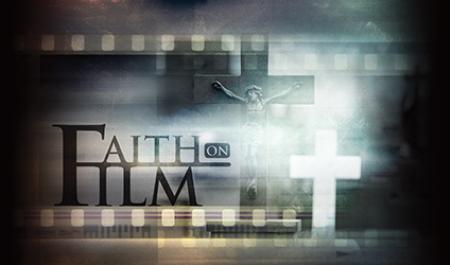
by bartmann | Apr 4, 2024
Can a movie probe more deeply into theology than other works? Can it show the strengths and weaknesses of religious thought more directly, more dramatically? This seminar probes theology and film, examining movies with strong Christian themes. We will use film...
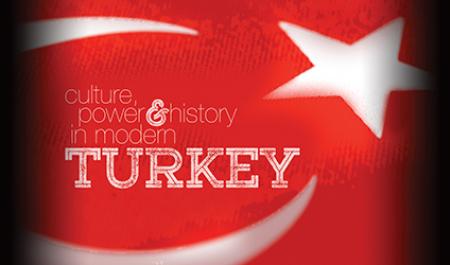
by bartmann | Apr 4, 2024
Is Turkey in Europe or the Middle East? Is this a question of geography, history, politics, or culture? This course explores all those sides of Turkey since the late 19th-century empire, focusing on the republican era after 1923. Turkey is one of the world’s most...
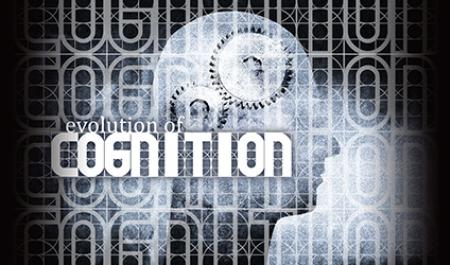
by bartmann | Apr 4, 2024
What is intelligence? What differentiates humans from other animals? This course explores the evolution of cognition in humans and other species, and discusses how science investigates these questions. Why are humans such a unique species on earth–or are we? Why...
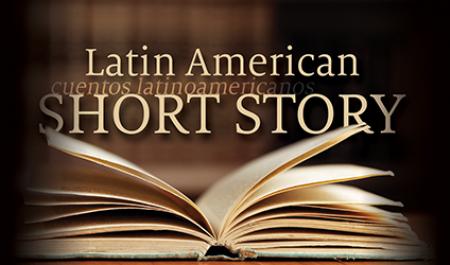
by bartmann | Apr 4, 2024
The short story has held a prominent place in Latin American literature for at least 200 years, but it is only within the past few decades that it has become widely known in translation. The course will use the short story as a vehicle to introduce some of Latin...

by bartmann | Apr 4, 2024
The “scandalous female genre” has long had box-office value and cultural presence. This seminar explores the history of such women in films. We will first discuss genre conventions: how film style and storytelling present and comment on scandalous behavior. We then...
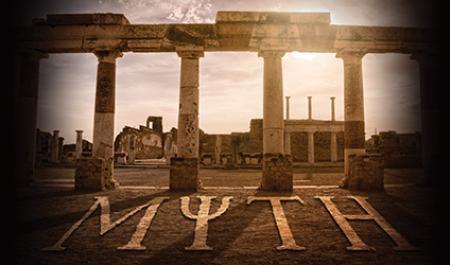
by bartmann | Apr 4, 2024
Perennially fascinating, ancient Greek mythology has inspired and continues to inform creative activity from “highbrow” literature to popular media. This course will explore major mythological events and characters beginning with the creation tale, which features a...
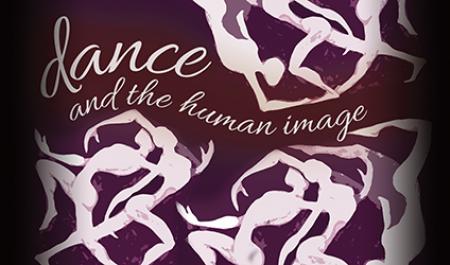
by bartmann | Apr 4, 2024
The Dance—as Homer named it—is always an expression of the ideas, traditions, and values of the society that creates it, whether spiritual, recreational, or artistic in form. The body in motion is both the mode of expression and the meaning of the Dance. In this...

by bartmann | Apr 4, 2024
Berlin, capital of the Weimar Republic between the two World Wars, was one of the most exciting cities in Europe–the place of the most radical experimentation in the visual and performing arts, in mass entertainment and theater, in literature and architecture....
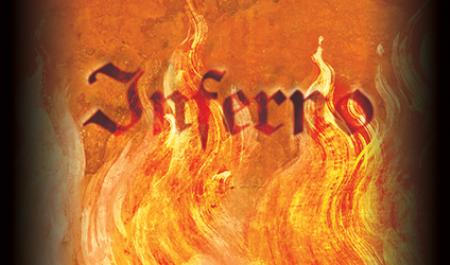
by bartmann | Apr 4, 2024
Dante’s 700-year-old masterpiece the Divine Comedy still attracts great attention. For centuries readers have been drawn to his vivid description of the afterlife. This course will explore the first portion of the Divine Comedy, Inferno, in its entirety. The...

by bartmann | Apr 4, 2024
One of the most popular and beloved novelists in the English language, Jane Austen wrote novels that have beguiled and challenged readers for two centuries. For some, Austen is our beloved Aunt Jane, chatting with us about tea parties, excursions in pony phaetons, and...
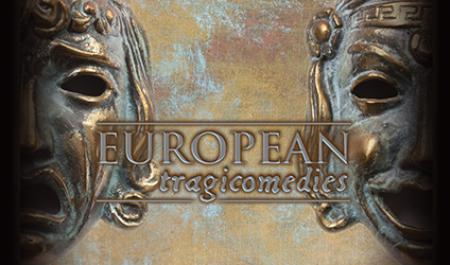
by bartmann | Apr 4, 2024
The tragicomedy genre, so prevalent in our day, has actually been evolving for many centuries. While one can take a primarily aesthetic approach to any genre–what makes comedy comedy?–here we will include a fuller consideration of history, stressing the...

by bartmann | Apr 4, 2024
This course will give students an understanding of how the Earth’s climate changes naturally, as well as how humans are driving this change. We will explore what is likely to happen in the future, resulting both from natural change and change driven by the...
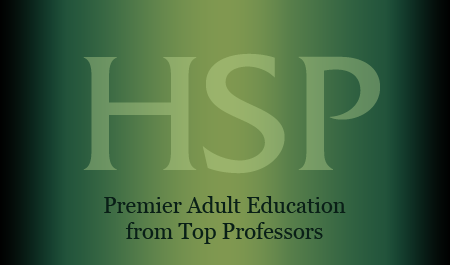
by bartmann | Apr 4, 2024
Gothic literature, theater, and (more recently) films have been a part of Western culture for over 250 years and have presented us, in disguise, with heightened — and sometimes lurid and monstrous — symbols of what really haunts us as a culture in our...
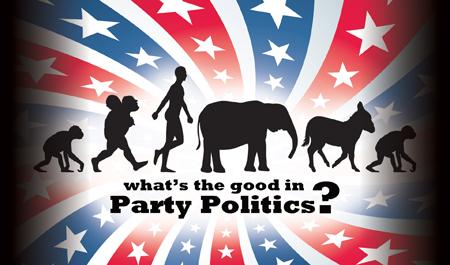
by bartmann | Apr 4, 2024
Alexander Hamilton promised that the Constitution would “unite parties for the general welfare,” but Washington perceived that “the baneful effects of the spirit of Party” continued to threaten the republic. In the centuries since, we have blamed partisans and...





















